Thinkific touts its ability to provide “everything you need to run your education business under one roof.” It is a software platform that enables individuals and organizations to develop online courses and sell them to their target audience under their own brand. It provides customers with the choice of running a self-hosted course or integrating it with an existing WordPress site using the WordPress plugin.
Thinkific has many advantages, but there are many alternative options on the market that will give you more complicated solutions for building and delivering your online course. So, whether you’re just starting to think about how you may launch your first online course or you’re a long-time Thinkific teacher looking for alternatives, the Thinkific options available to you today have never been clearer or better.
What Is Thinkific?
When Thinkific originally launched in 2012, “state-of-the-art” online course systems were entirely focused on content. Online courses were a way to charge for your expertise and get it out to an audience through content. The advantages were obvious to the instructors: making money by sharing what you know.
Thinkific meets a wide range of requirements for a hosted online course material platform. Thinkific allows you to design and sell online courses, ranging from drip-fed courses to ones with all information available at once. It employs a straightforward e-commerce checkout system, and the technology is hosted and handled for you, eliminating the need to hire a developer or create a costly bespoke website.
Even their connectors are simple to set up, and you don’t have to be a developer to connect your Thinkific solutions to your existing business, marketing, and analytics tools. Thinkific’s free plan includes limitless courses and is ideal for novices because it allows you to explore new things and experiment without incurring large fees.
Thinkific also includes a simple drag-and-drop course creation interface, bulk import tools, and quizzes and assessments. You can also select to add credits or certifications to your course.
Finally, you can easily connect your course homepage to your main website to provide current site users with a smooth expansion into learning.
Top 10 Best Alternatives To Thinkific in 2023
1. Kajabi
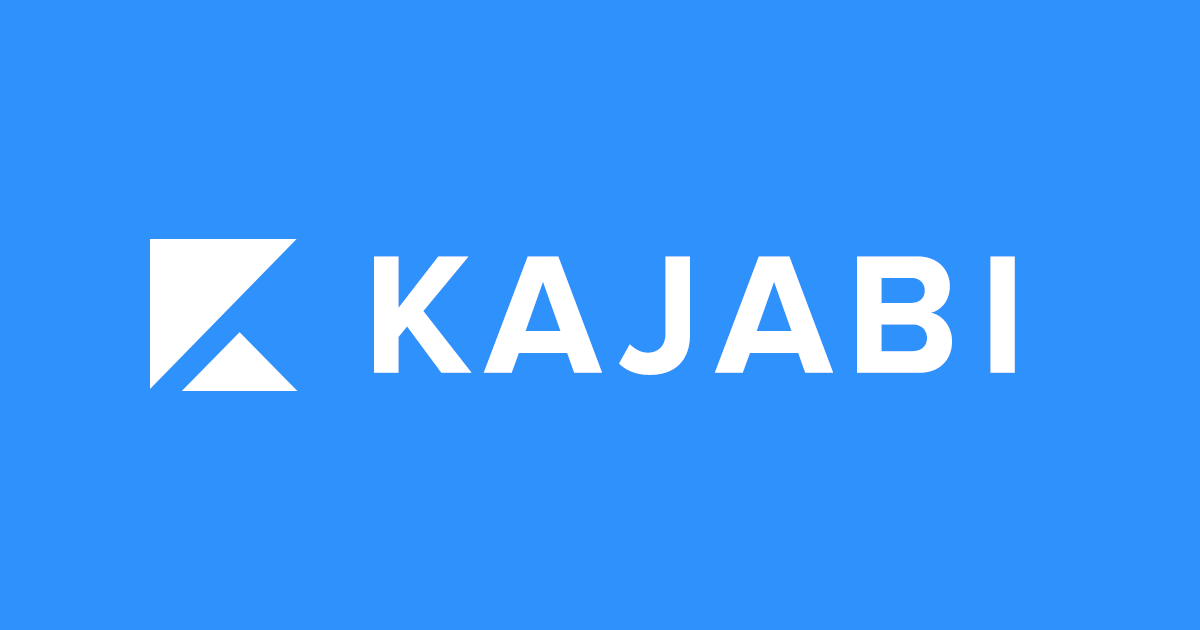
Kajabi is well-known for its marketing tools and content management, but it is also used to sell digital items and short courses. It’s the most expensive option on our list, with commercial features geared toward intermediate or advanced course developers. Kajabi is not the greatest platform for a novice course designer who is experimenting with untested items.
2. LearnWorlds
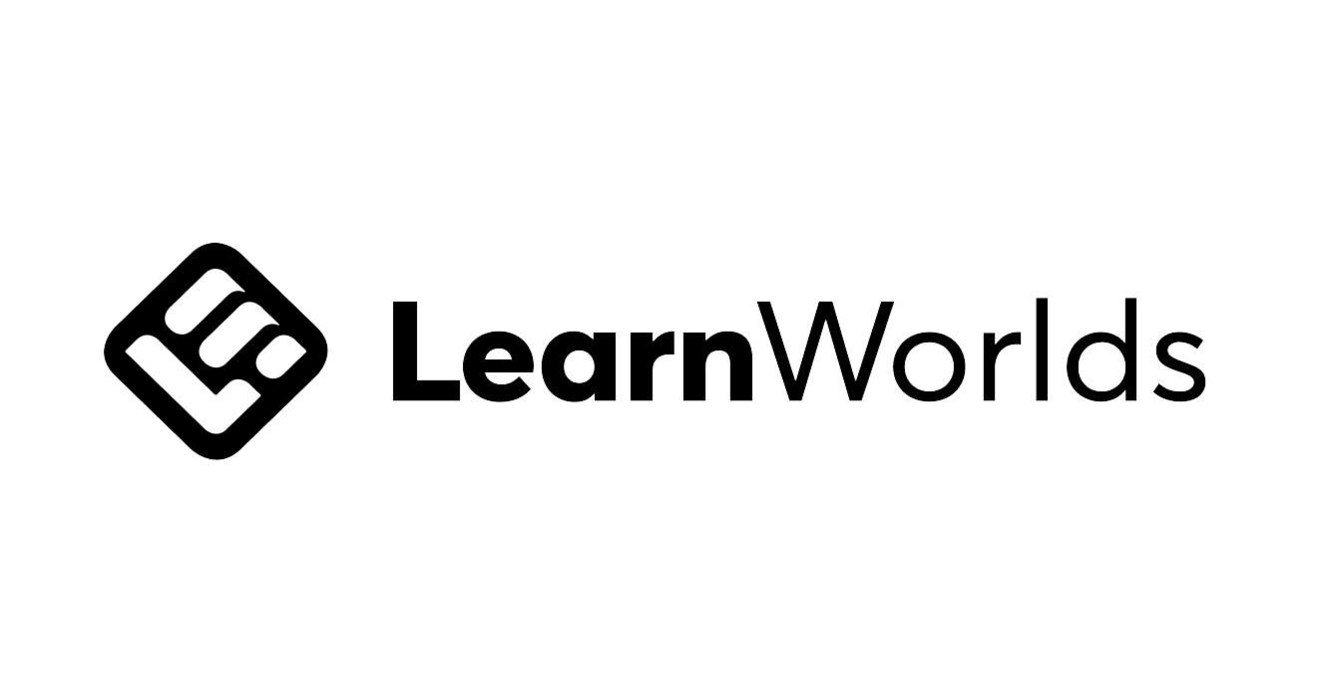
Our first Thinkific alternative is LearnWorlds. The LearnWorlds app, unlike Thinkific, is SCORM-compatible. This characteristic makes LearnWorlds an appealing alternative because many of your popular LMS systems (Thinkific vs. Ruzuku vs. Podia vs. Teachable) do not fall into this category.
LearnWorld’s software enhances courses by enabling social learning, white labeling, and the creation of sales-oriented websites. LearnWorlds is a good option for anyone seeking a higher-end service.
The LMS provides excellent teaching and eLearning capabilities. LearnWorlds, for example, offers copyright protection, interactive eBooks, interactive quizzes, and videos. Thinkifici does not provide any of these features.
Thinkfic, on the other hand, offers effective course material templates. Thinkific is also ahead when it comes to providing eCommerce features for selling online courses.
Finally, LearnWorlds is the best option for sophisticated teaching features. Thinkific is your best choice for promoting and selling online courses if you want to thrive in eCommerce.
3. LearnDash

LearnDash is the only WordPress plugin on our list and the most economical alternative if you are familiar with WordPress. If you don’t, you should avoid it; the learning curve for novice users is severe and will almost certainly result in the need for professional help to get the required result.
4. Teachable
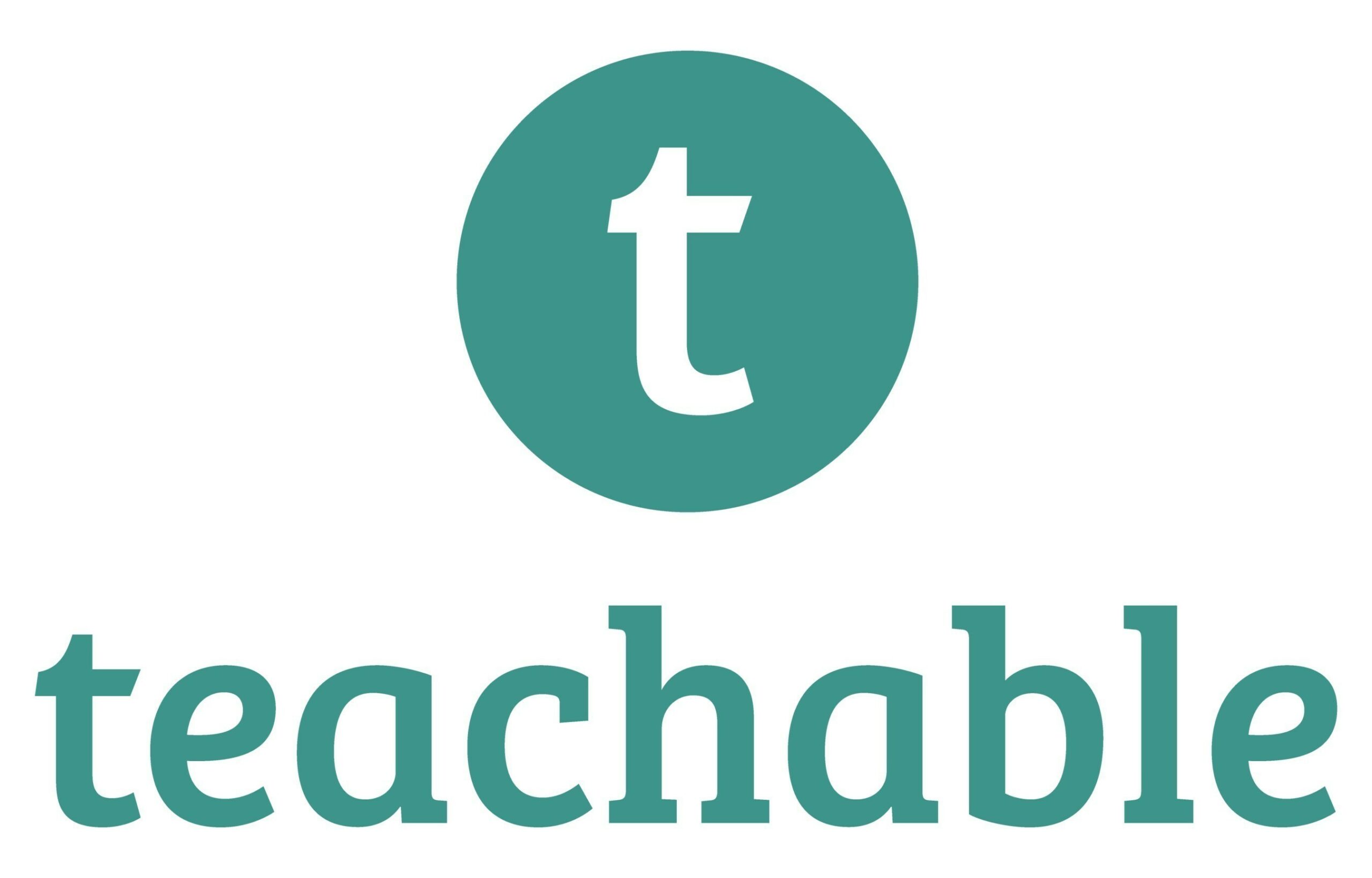
Thinkific and Teachable differ primarily in that Thinkific includes more advanced teaching tools. It improves the participatory nature of the classroom experience.
Consider Teachable if you’re searching for a basic Thinkific alternative.
You can manage student data and pricing points inside one integrated system using the e-learning platform. The price structure of Teachable is intriguing. It has a “free” option with a restriction of 10 pupils. Each transaction costs $1 plus 10% commission.
5. Mighty networks

Mighty Networks is a community-focused platform that makes sense if you are advertising a membership site or subscription services rather than developing course content and selling online courses.
The marketing campaign and course delivery aspects are secondary. Because it is a Facebook group that does not exist on Facebook, members are not distracted by competing alerts.
6. Podia

Podia isn’t your usual Thinkific competitor. Not in the classic sense of creating an online course. Podia’s platform is well known for selling digital items in the form of downloads. E-books are a classic illustration of what Podia license holders ship. Podia is not the same as Thinkific as an eLearning platform. And the reason is simple: the Podia app offers an easy answer. Comparing Podia to Thinkific or even Teachable will reveal Podia’s lack of teaching features.
7. Teachery

Teachery, like Teachable, is a decent and economical platform for course makers with basic course offerings.
The most significant disadvantage is that it does not contain online learning course material such as videos, so it is ineffective if you utilize a lot of embedded multimedia components and files.
8. Udemy
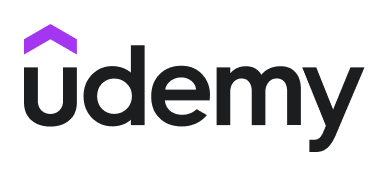
Udemy is distinct in that it is a marketplace rather than an online course platform. It is free to begin, therefore there is a minimal barrier to entrance. They handle the marketing, but the competition is fierce, and you must pay a considerable proportion of each transaction. A Udemy course can be an excellent place to start, but after you’ve established a successful course offering, you’ll want to move on to another site.
9. Coursera
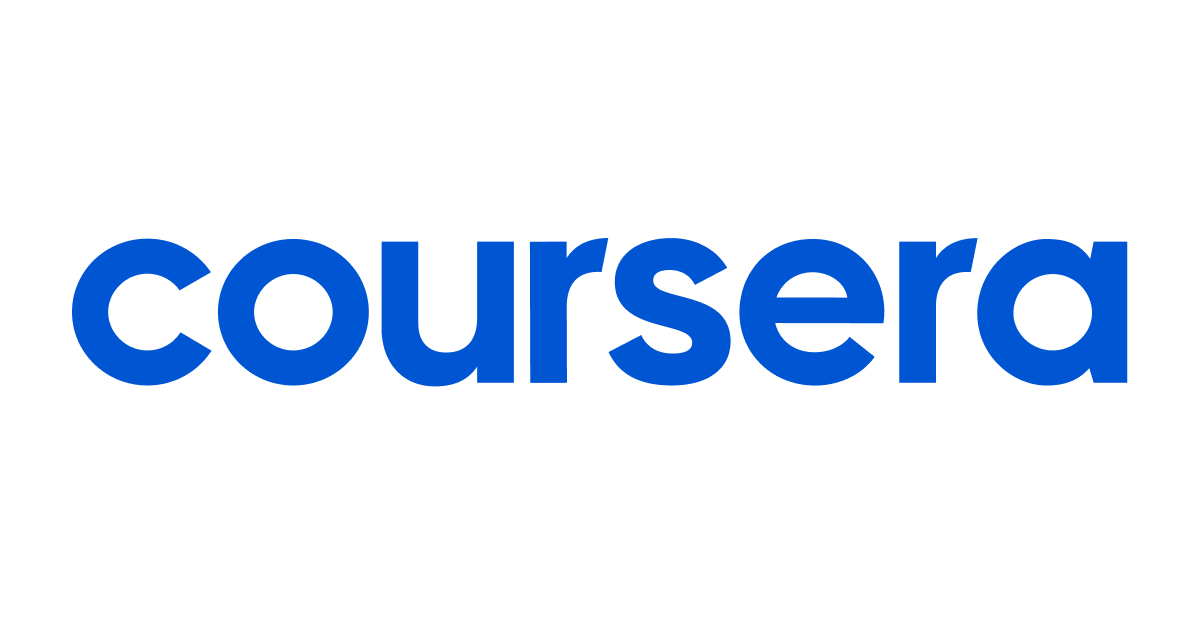
Coursera is a marketplace for massively open online courses (MOOCs). In that regard, it is comparable to Udemy.
Coursera courses, on the other hand, are often more highly certified. Or, at the very least, provide additional recognized specialties, degrees, and professional courses (Coursera collaborates with over 200 colleges and businesses).
You may still discover courses that meet these requirements on Udemy. Coursera is arguably best described as a more regulated, conventional learning environment. Udemy, on the other hand, is much more like its yoga classes: calm and adaptable.
Coursera does not provide Thinkific teachers and authors the same design flexibility. Having said that, Coursera alleviates some of the difficulties connected with offering an online course. SEO is an excellent example. Coursera will drive visitors to your website. As a result, SEO isn’t a problem.
10. Ruzuku

Ruzuku is a popular Google search. Both platforms for creating online courses allow developers to set up affiliate programs. They’re also decently priced; however, Thinkific may be somewhat better in that regard. Thinific has a free plan; however, Ruzuku does not. Thinkific also provides a basic plan “for first-time course” creators that is around $30 or so less expensive than Thinkific’s most affordable option.
Ruzuku, strangely, offers out-of-the-box webinar software. To host webinars using Thinkific, you’ll need to interface with Zoom or Cisco’s Webex. On either plan, there is no native webinar software.
Thinkific is a more well-rounded alternative in general. It has a more refined UI, multi-language course delivery (which Ruzuku lacks), and more payment methods than Ruzuku. Neither platform supports SCORM.
What Thinkific Alternative Will You Use?
The ideal online course platform for your online education business is a personal choice. What is “best” for you may not be “best” for other content providers, and vice versa.
Are you primarily interested in business, marketing, or customer relationship management if you offer digital products?
Are you just getting started on a small budget? Or do you prioritize ROI and course completion?
One of these Thinkific alternatives will provide you with everything you need to produce amazing online courses—and start generating money.
The world is eager to see what you have to give. Choose a platform and distribute your work.










Add Comment